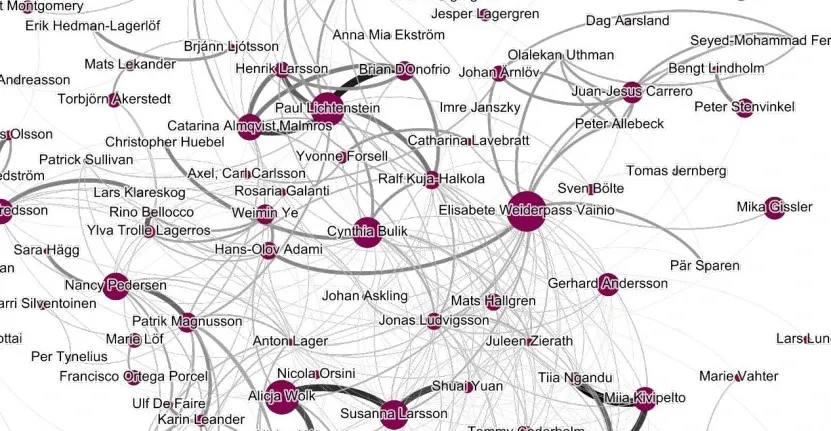 Photo: Stefan Zimmerman
Photo: Stefan ZimmermanOur research
Read more about our research and currently ongoing projects.

The nutritional neuroscience group investigates the perceptual experiences associated with eating. We study odor and taste perception during anticipation and consumption of food, their effects on memory and learning as well as emotion and motivation, and their regulation by metabolic feedback.
 Photo: Stefan Zimmerman
Photo: Stefan ZimmermanRead more about our research and currently ongoing projects.

 Photo: Diana Polekhina
Photo: Diana PolekhinaWe - and other research groups of the Division of Psychology - are always looking for volunteers who would like to participate in our studies. During our studies you smell odours, taste tastants or look at pictures while we ask you to rate your experience, measure your physiological reactions or even brain activity. Click here to register as a participant in our recruitment system SONA.
 Photo: Natalie Pedigo
Photo: Natalie Pedigo Photo: Liftestyle4Health
Photo: Liftestyle4Health Photo: Roman Kraft
Photo: Roman Kraft